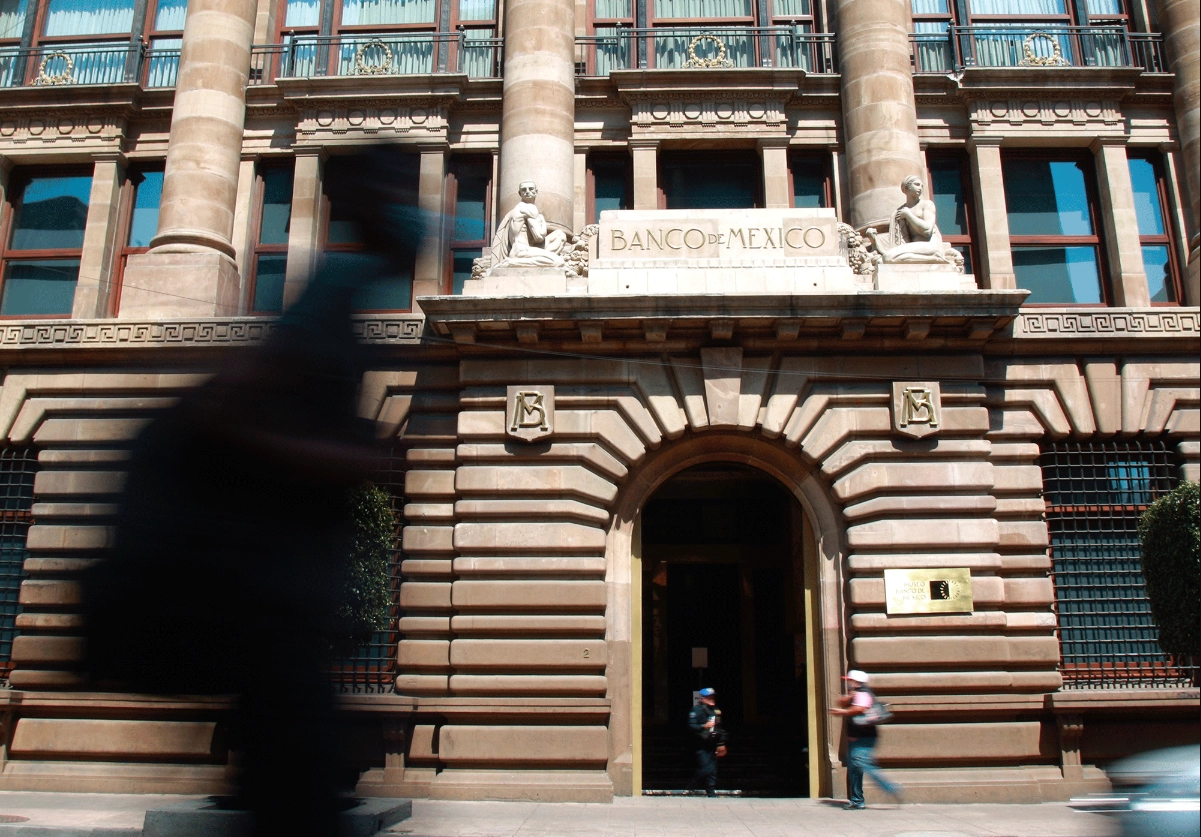In January 2023, the five largest economies in Latin America had governments that were recognized as progressive or leftist. In several of these countries, left-wing governments were a recent result of a long period in which the agenda of the Washington Consensus and a project to transform the economy and society defined as neoliberalism were implemented. In Brazil, just on January 1 Luiz Inácio Lula da Silva was sworn in as president, leaving behind four years of Jair Bolsonaro’s government, which was widely described as ultra-right-wing. In Colombia, the continuity of the governments that carried out the so-called structural reforms was not affected, despite the permanence of political-military conflicts. In Mexico, the application of structural adjustment and the entire reform program carried out within the framework of the Washington Consensus began at the end of the 1980s and will continue until the end of Enrique Peña Nieto’s government in December 2018. In several of these countries, banking, stock market or foreign exchange market crises have taken on an international dimension during these years. The recurrence of these processes is a characteristic of the implementation of structural reforms, which are accompanied by economic recessions of varying significance and the maintenance of significant social inequality.
The antecedent of continuous financial crises and a remarkable social inequality is not an obstacle for the map of the region to undergo changes in a few months that show the continuous dispute for power that has opened up with the emergence of progressive governments in recent years. In Argentina, in December 2023, a government that from day one carries out an economic program of radical adjustment begins. The government maintains that all the problems of the economy are due to the fiscal deficit and that the only solution is to implement what it calls a shock stabilization plan comprising a monetary, fiscal and exchange rate policy that takes shape in the decree entitled Bases for the reconstruction of the Argentine economy, which it intends to impose on the basis of the figure of Necessity and Urgency. To date, the social protest against the measures of Javier Milei’s government is widespread, and the use of force to confront it is multiplying. Among the measures he is trying to establish, he is preparing a decree to enable the intervention of the Armed Forces in internal security under the pretext of facing aggressions from terrorist organizations. In the field of economic policy, the Argentine government has the support of the International Monetary Fund (IMF), which has stated through its spokesperson: “The IMF staff supports the measures announced today [December 12, 2023] by Argentina’s new Minister of Economy, Luis Caputo. These strong initial actions aim to significantly improve public finances in a way that protects the most vulnerable in society and to strengthen the exchange rate regime.” More recently, the IMF’s executive board approved the disbursement of $4.7 billion to support the Milei government’s efforts to restore macroeconomic stability.
For decades, these have been the IMF’s constant terms of reference to qualify the actions carried out by the governments of the region when applying the measures contained in the structural adjustment programs and to explain its own actions. Other multilateral financial and economic organizations such as the World Bank, the OECD and the Inter-American Development Bank also use similar considerations to relate to the countries of the region, defending these types of proposals, arguing that they are necessary to advance economic growth. The economic policy proposals and the measures implemented to guarantee their realization defended by these organizations are part of a dispute present throughout the region and which, with varying scope, materializes in political activity and marks the contents of economic policy. Their action is added to that of other social actors defending the same project in each of the countries of the region. One of the consequences of this is that, to date, sustained economic growth has not been achieved, but it has been a factor that generates difficulties in the implementation of the proposals for change put forward by progressive governments. In Ecuador, the result of the extraordinary presidential election implied continuity with the economic policy proposals within the scope of structural reforms. On the other hand, in Guatemala, the Arévalo government was able to take office in the midst of ongoing disputes with the judiciary and various political sectors of the country’s right wing.
In countries with governments that define themselves as progressive or left-wing, the political management and implementation of economic policy is constantly opposed by governments of varying weight. An outstanding example is the course of the Chilean government, which did not have the capacity to achieve the approval of a new Constitution that distanced itself from the one approved by the government of Augusto Pinochet, but neither was it able to achieve a fiscal reform presented as necessary to be able to carry out several of the economic policy measures that are part of the transformation proposal it defends. However, the greatest point of discrepancy is between the contents of the monetary policy conducted by the central banks and much of the rest of the economic policy promoted by these governments.
The general context in which monetary policy prevails is one of weak growth, led by the main advanced economies. The priority is the fight against inflation, considering that it is, first and foremost, a monetary phenomenon. An excess of money supply, credit or public spending are at its origin, and the recourse is to raise benchmark interest rates. The statements of the Federal Reserve, the European Central Bank and the Bank of England indicate that interest rates will remain at the high levels they have been at for months and do not even rule out further increases, mainly due to the fact that there is no relevant and sustained weakness in the labor markets.
In Latin America, central bank boards, including those countries with progressive governments, share the same opinion. The monetarist argument is accepted, generating additional difficulties in advancing economic growth and even greater difficulties in implementing economic policies that reduce social inequality and promote development. The means of financing economic activities in the region are subject to a sort of external restriction, since there is no capacity to control international capital movements due to the rules established in the countries of the region themselves. It is a dispute of great significance that takes place in the very space of the State and has a significant impact on the general course of economic policy and the project for change that these governments are carrying out. The greatest difficulty is in the area of investment and its necessary increase in order to make sustained growth compatible with the tasks of development possible.
*Translated by Micaela Machado Rodrigues from the original in Spanish.












